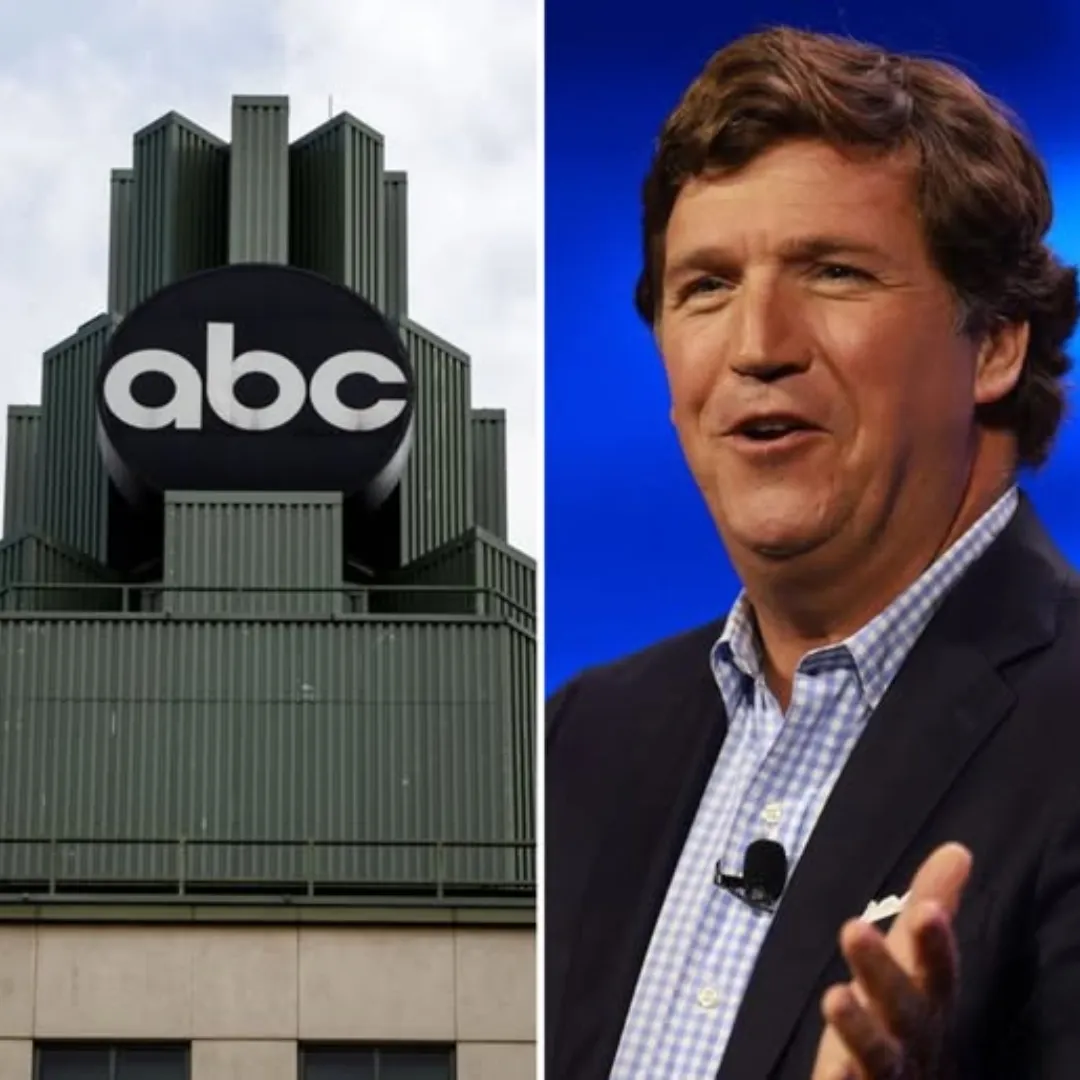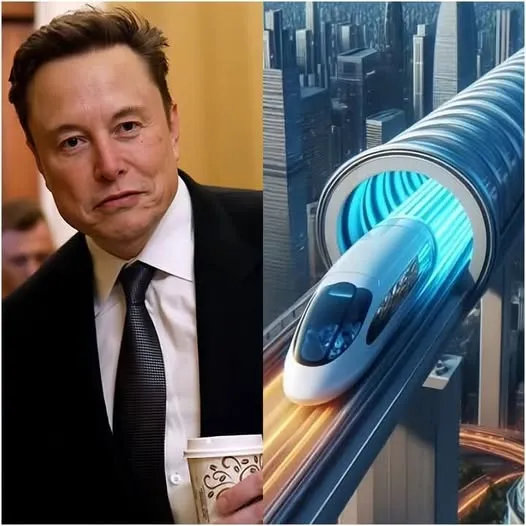
Elon Musk is undoubtedly one of the most dynamic and influential figures in modern business, running a multitude of companies, each valued at over $1 billion. Among his ventures are six high-profile companies, including Tesla, SpaceX, Neuralink, and The Boring Company, just to name a few.
Notably, Tesla, with a market cap of $770 billion, has become Musk’s most valuable asset, even though other companies, like SpaceX, may now be worth more. But despite his success and immense wealth, there’s growing concern that Musk's management style and behavior are becoming liabilities for Tesla, especially as the company faces increasing challenges in the competitive electric vehicle (EV) market.
While Musk has a team of capable executives in some of his companies—like Gwynne Shotwell, the President and COO of SpaceX—Tesla lacks such leadership depth. Musk’s involvement at Tesla is undeniable, but as the company struggles with declining sales and increasing competition from rivals like BYD in China, the question arises: who could step in if Musk decided to step down?

If that were to happen, it would undoubtedly trigger a massive selloff of Tesla shares, further diminishing the company's already volatile stock value. The situation is further complicated by the fact that Tesla is heavily reliant on Musk’s persona and vision.
Much of the company’s worth is tied to Musk’s reputation as a visionary, making the potential for a smooth leadership transition extremely difficult.
While Tesla does not have the typical corporate structure with layers of senior executives waiting in the wings, there are still several potential candidates who could step into the CEO role, particularly those who have the requisite technical skills, experience, and calm demeanor—qualities that Musk, known for his bombastic style and social media antics, does not always exhibit. Here are five people who could replace Musk as the leader of Tesla, each bringing unique strengths to the table.
1. JB Straubel

No one is more intrinsically linked to Tesla’s origins and operations than JB Straubel. As one of the company’s five cofounders and its Chief Technology Officer (CTO) until 2019, Straubel is deeply familiar with Tesla’s history, technology, and operations.
He oversaw the development of Tesla’s electric motors and battery packs in the company’s early years, and he played a pivotal role in getting Tesla’s Gigafactory in Nevada up and running. Now the CEO and cofounder of Redwood Materials, a battery recycling and component manufacturing company, Straubel’s deep understanding of electric vehicle technology makes him a prime candidate for the Tesla CEO role.
Where Musk is often loud, erratic, and prone to exaggeration, Straubel’s calm, low-key personality and his engineering background from Stanford University give him a very different, more methodical approach to leadership. While there is little indication that Straubel is actively seeking the Tesla CEO position—he seems more focused on building Redwood Materials—his expertise in the core technologies that drive Tesla’s business would make him an ideal successor.
Additionally, Straubel’s history with the company and his role on Tesla’s board of directors since 2023 would allow him to seamlessly transition into the CEO role. According to industry experts, Straubel’s leadership could potentially drive Tesla’s stock price back up, restoring investor confidence.
2. Tom Zhu

Tom Zhu is another strong candidate for the top spot at Tesla, particularly considering his current role as the company’s senior vice president for automotive operations in China. Based in Shanghai, Zhu has overseen the construction and operation of Tesla’s plant in China, which has become a critical part of the company’s profitability.
Since joining Tesla in 2014, Zhu has demonstrated his ability to navigate complex markets and manage large-scale operations. His leadership in China, where Tesla has enjoyed considerable success, positions him as an ideal candidate to manage the company through its growing competition in the global EV market.
Zhu’s background includes experience working in civil engineering, which has proven valuable in overseeing Tesla’s manufacturing operations in China. With an MBA from Duke University and a reputation as a hard-working, effective manager, Zhu has earned the trust of Tesla’s leadership.
His experience in China, in particular, is vital for Tesla as it faces increasing competition from local Chinese competitors, such as BYD. Despite Zhu’s relatively low public profile and limited recognition in Western markets, his proven ability to run Tesla’s operations in China, combined with his managerial skills, would make him a solid candidate for the CEO role.
3. Stella Li

Stella Li, the executive vice president of BYD and head of its operations in the Americas, is a compelling alternative to Musk, especially given Tesla’s growing rivalry with BYD in the electric vehicle and battery industries. Li has been instrumental in expanding BYD’s international presence, particularly in Latin America, and she is widely recognized for her work in the EV industry.
Having been named to prestigious lists such as Time Magazine’s Time 100 Climate Leaders and World Car Person of the Year, Li is a well-established name among global auto industry executives.
Her extensive experience at BYD, where she rose through the ranks from marketing manager to executive vice president, gives her the expertise needed to manage a global EV operation. Li’s ability to navigate the challenges of international expansion and her deep understanding of the Chinese market would be a major asset to Tesla as it works to stay competitive against companies like BYD and other rising Chinese manufacturers.
While Li is an outsider to Tesla, her existing ties to BYD, one of Tesla’s battery suppliers, and her ability to lead a large-scale EV operation make her a highly qualified candidate.
4. John Krafcik

John Krafcik, the former CEO of Waymo, Alphabet’s autonomous vehicle unit, has a resume that positions him as a surprisingly good fit for the role of Tesla CEO. Krafcik has a wealth of experience in the automotive industry, including stints at Hyundai, Ford, and Toyota.
As Waymo’s CEO, Krafcik helped transition the company from an R&D program into a profitable ride-hailing service, giving him experience in both the tech and automotive sectors—two areas that are key to Tesla’s future.
Krafcik’s background in auto engineering, product development, and robotaxis would complement Tesla’s growing ambitions in autonomous vehicles and AI. His experience with companies like Rivian, Daimler Truck, and Waymo would bring valuable insight into the rapidly evolving landscape of autonomous transportation.
While Krafcik is an outsider to Tesla, his reputation in the industry and his leadership track record make him a strong contender for the CEO position.
5. José Muñoz

José Muñoz is the current CEO of Hyundai Motor, a position he took up in 2023. Before this, Muñoz was Hyundai’s global COO and has had significant experience with Nissan and Toyota.
His role in driving Hyundai’s EV growth, particularly with the introduction of models like the Ioniq 5, positions him as a viable outsider for the Tesla CEO role. Hyundai’s increasing success in the EV market, alongside Tesla’s, makes Muñoz an intriguing candidate, especially given his track record of improving the performance of global automotive brands.
Muñoz’s extensive experience in the automotive industry, particularly in the context of electric vehicles, would help him manage Tesla as it navigates the evolving landscape of the EV market. His academic background, including a PhD in nuclear engineering from Spain’s Universidad Politécnica de Madrid, adds a scientific dimension to his leadership approach, which contrasts with Musk’s self-styled persona as a scientist and engineer.
While Muñoz is committed to his role at Hyundai, his deep experience in the auto industry makes him a potential candidate for leading Tesla.
While any of these five individuals would bring unique strengths to Tesla, it’s clear that Musk’s influence over the company remains immense. Whether due to his role as a major shareholder or his ongoing position on Tesla’s board, any transition away from Musk’s leadership would require navigating not only the technical challenges of running an EV company but also the cultural and financial shifts that would come with such a dramatic change.
Despite the many capable leaders who could step in, Musk’s ego and his deep control over the company’s direction make it unlikely that a new CEO will take charge anytime soon. Still, Tesla’s future could be brighter with a new leader at the helm—one who can provide a fresh perspective, keep the company competitive, and manage the growing challenges in the EV and tech sectors.

-1742367726-q80.webp)

-1742808397-q80.webp)